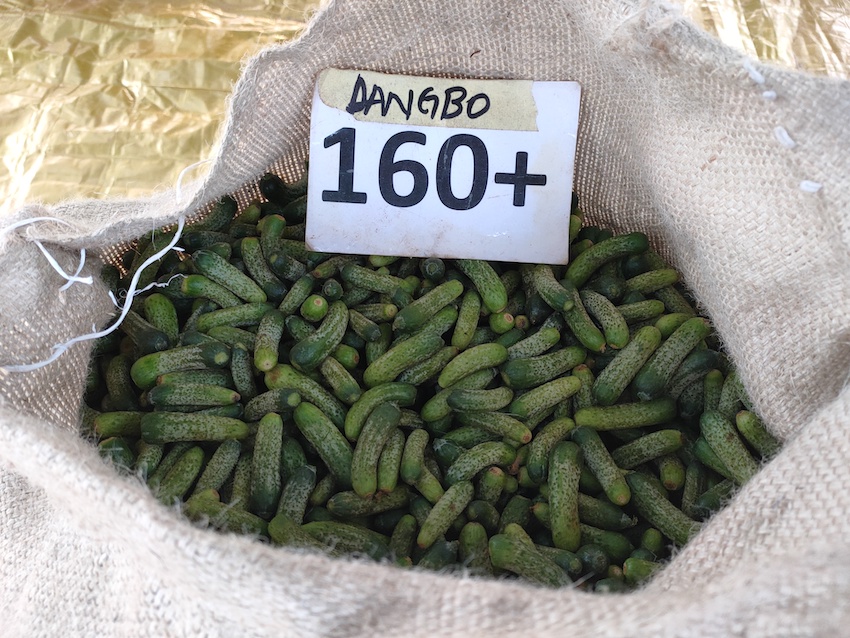

To diversify its supply chain and build a more resilient value chain, Végola launched a project to establish and expand gherkin production in Benin.
To secure farmer loyalty and reduce the risk of crop abandonment, the company needed to study the profitability of gherkin farming and the opportunity cost for farmers. The company also wanted to assess the risk of farmers switching to other local crops that might offer better returns.
This analysis would help to define strategies to strengthen partnerships with farmers, guide the expansion of operations across the country, and a better management of the risk to switch to other local crops. Overall, it aimed to help build a stable, long-term, and profitable supply chain.
To assess farmer profitability, Végola provided several Excel files containing raw data from multiple production campaigns. The first step was to organize the information into a set of well-structured tables, applying principles from relational databases to clearly distinguish the different entities.
The data was then consolidated and standardized across campaigns to ensure consistency and reliability. A workflow was developed in R to analyze the data and produce visualizations that helped identify patterns and trends.
A financial model was built in Excel using the consolidated data, allowing for the simulation of different realistic scenarios. These scenarios tested various strategies aimed at improving farmer profitability.
To assess the risk of crop migration, data was gathered from a broad literature review. Key values were updated with better local estimates to enable a meaningful comparison between gherkin profitability and that of other common local crops.
The study provided Végola with:
I am a biologist and data scientist with over 15 years of experience in life science and agricultural projects in both public and private sectors. My mission is to help organizations make data-driven decisions that improve project outcomes, optimize processes and finances, and drive sustainable impact.